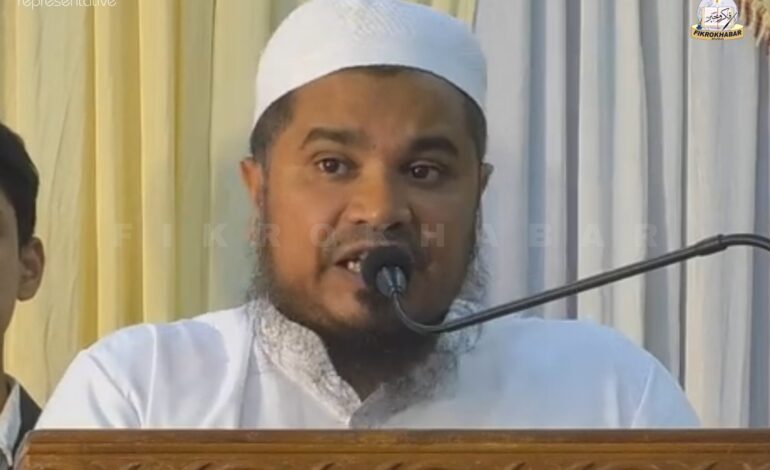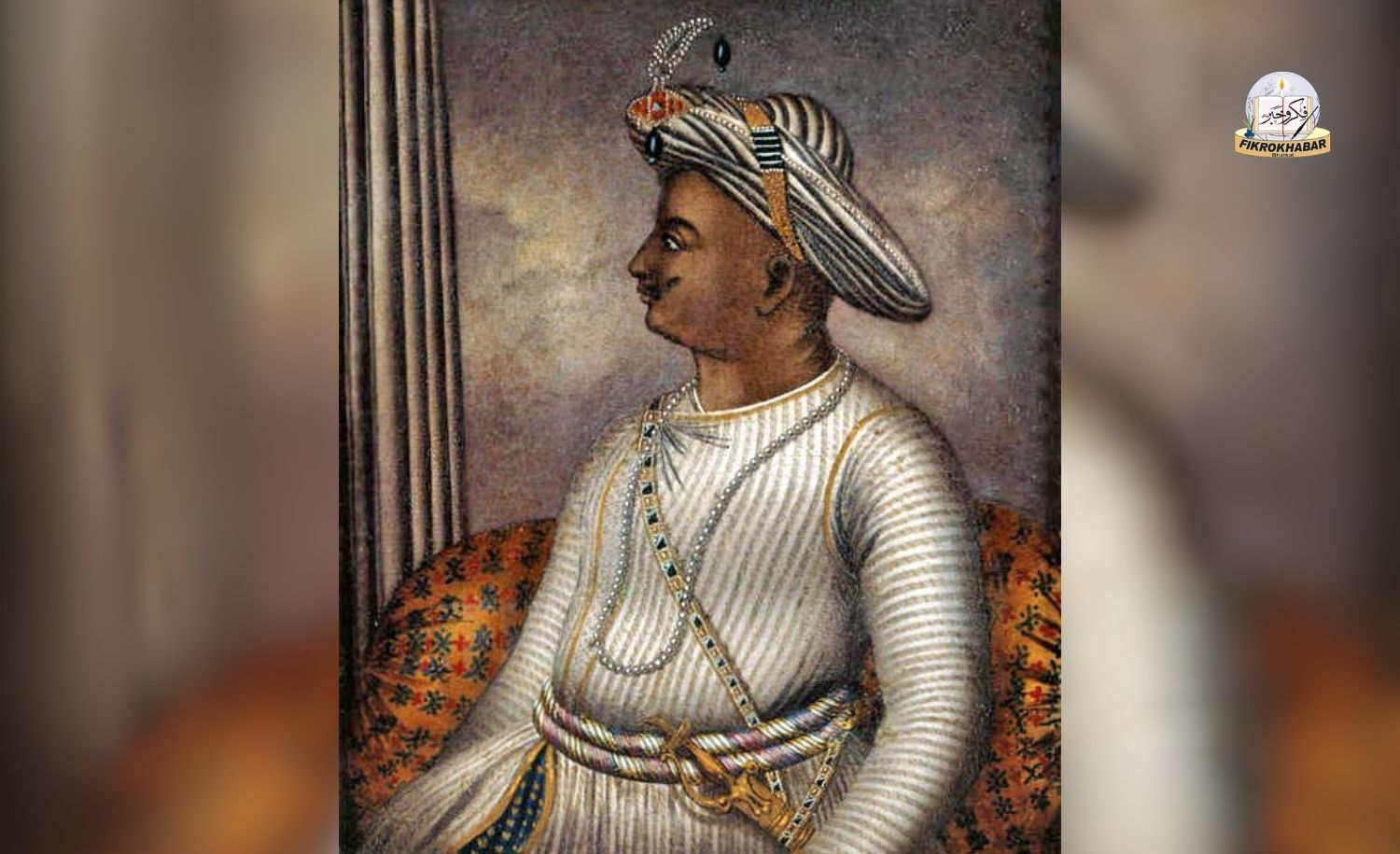Justice and Moderation: Key Messages from Moulana Abdul Aleem Khateeb Nadwi’s Friday Sermon at Jamia Masjid Bhatkal

Bhatkal – In a powerful Friday sermon delivered at Jamia Masjid Bhatkal, Moulana Abdul Aleem Khateeb Nadwi focused on the critical role of justice and moderation in building a strong, balanced society, according to Islamic teachings.
Moulana Nadwi began by underlining that justice is the foundation of any healthy society. He explained that when justice prevails, people’s rights are protected, progress is achieved, and citizens live in security and prosperity. Conversely, injustice leads to oppression, inequality, and the collapse of social order.
He defined justice as giving everyone their due rights and using resources in the proper way. According to the Moulana, the mission of all Prophets sent by Allah was to establish justice. The Qur’an describes that Allah sent Prophets along with scriptures and a scale — symbolic of justice — to guide humanity toward fairness and righteousness.
Moulana Nadwi elaborated that Prophet Muhammad (PBUH), as the final Messenger, embodied the highest standard of justice. The Prophet’s life was marked by fairness not only in public matters but also in private affairs. Even in personal life, the Prophet fairly divided his time and care among his wives, ensuring no one was neglected.
A key example shared during the sermon was when the Prophet (PBUH), despite his deep love for his daughter Fatima (RA), made it clear that no one is above justice. He maintained that if even she were to commit a theft, the same punishment would apply, highlighting the absolute and impartial nature of justice in Islam.
Moulana Nadwi also emphasized the importance of moderation in worship and daily life. He shared how the Prophet (PBUH) advised companions against extreme acts of devotion that caused personal hardship or family suffering. Instead, he promoted a balanced and sustainable approach to worship, encouraging followers to act within their capacity.
He shared the story of Hazrat Salman Al-Farsi and Hazrat Abu Darda (RA) to illustrate this balanced perspective. When Hazrat Abu Darda devoted himself excessively to worship at the expense of his family, Hazrat Salman wisely intervened, explaining that one’s responsibilities toward self, family, and Allah must all be respected.
The Moulana pointed out that Islam’s justice system does not discriminate based on wealth, lineage, or social status. He cited the example of a wealthy woman who was punished for theft, reinforcing that the same rules apply to all.
Concluding the sermon, Moulana Abdul Aleem Khateeb Nadwi urged the Muslim community to internalize and practice the Prophet’s teachings in their personal lives and the broader society. He emphasized that establishing justice and fairness is the way to build a peaceful, prosperous, and unified community.
He closed with a heartfelt prayer:
“May Allah help us implement true justice and moderation in our lives and contribute to the betterment of our society. Ameen.”



